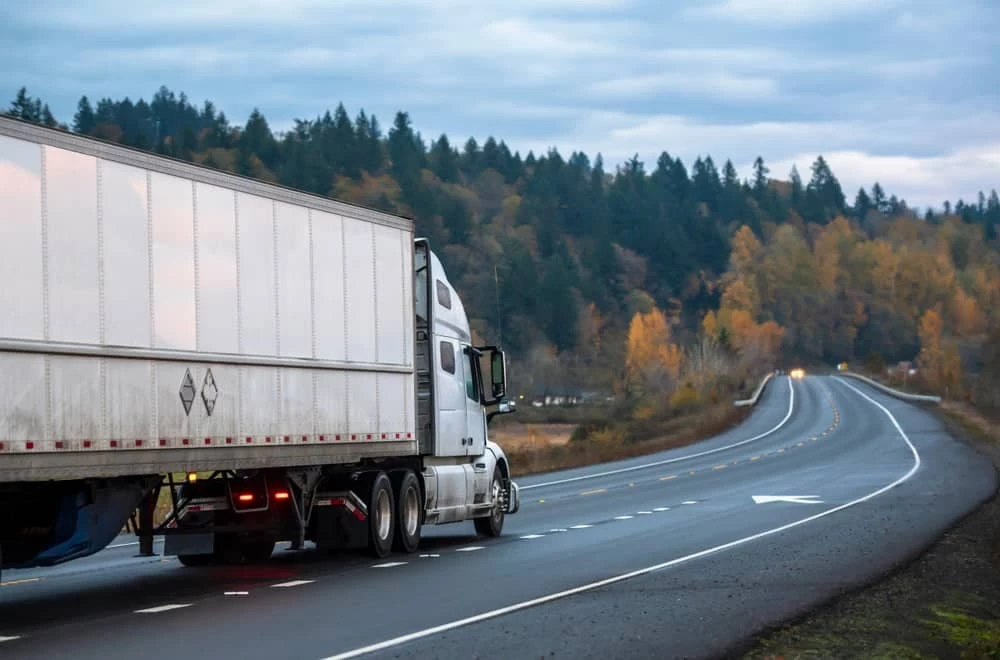Application Form
Please fill out the form below, so we can contact you as soon as possible!

Managing a trucking business as an owner-operator is a highly lucrative and engaging thing to do, especially in today’s logistics-dependent business environment. However, just like any other profitable business activity, being an owner-operator is sometimes fraught with a small number of challenges and pitfalls, one of them being selecting the best truck.
No matter how meaningless and non-insignificant the aforementioned problem may seem, it has indeed been a burden for many successful owner-operators lately. Even seasoned truckers have difficulty choosing the most suitable truck for themselves, so it’s no wonder that sometimes, they may end up failing at their choices. That said, we have handpicked the top 5 suggestions on how owner-operators can choose the best trucks!
The first thing you should think about when choosing a vehicle is whether or not it should be new. Both options, buying a new truck and purchasing a pre-used vehicle, have their advantages and downsides. The foremost and biggest pro of getting a new truck is the warranty it comes with and its good condition. Having a truck with a warranty is highly beneficial, which ensures the reliability of the vehicle. However, there’s one major downside to purchasing a new truck – the price, which explains the pros of choosing the option to buy a new vehicle.
Speaking of used trucks, we can state that they have a lot of advantages, as well. One of the biggest pros of buying a used truck is that they’re much cheaper than new vehicles. Mostly, used trucks are opted for as first-time vehicles. And there’s also a huge con of purchasing a used truck – the low price paid is sometimes compromised by the equipment of poor quality. Thus, owner-operators end up paying extra money to fix the imperfections of their previously used trucks.
To make sure you buy a good vehicle, you need to get a reliable salesman to limit the possibility of becoming a victim of fraud. You need to get a salesman who doesn’t only care about their commission but is also focused on providing proper services to you throughout the buying process. There are many ways in which you can find trustworthy salesmen specializing in heavy trucks – try looking up reputable salesmen on the web or ask out the people around you.
In order to know what type of truck you need, you have to carefully consider the type of hauling you’re involved with. This will help you determine the specifications of what exactly truck you need to purchase. For instance, having a double frame is not required if you haul general freight. Neither do you need to have a high-end engine if your payload doesn’t exceed 80,000 lb.
Before buying a truck:
The operational range can be of three types: short-haul, long-haul, and local trucking.
Short-haul trucking is better known as regional trucking and means the transportation of goods over short distances. Short-haul transportation requires owner-operators to manage light tractors since the lighter the tractor, the more loads they’ll be able to haul. Comfort is important, because you’ll be spending a week or two on the road. In short-haul transportation, specialty loads are preferred over regional loads – that said, you need to ensure that the truck you’re buying can be tailored to the specialized equipment it might need.
Long-haul trucking over-the-road trucking, i.e., the transporting of goods over long distances, often even across the border. In long-haul trucking, drivers spend a lot of time on the road, so buying an expensive and sustainable truck makes sense here.
Local trucking is the shipping of freight over short distances and close to the trucker’s home. Thus, owner-operators providing services in trucking don’t need to buy super-dependable vehicles. Neither do you have to think of special modifications.
Application Form
Please fill out the form below, so we can contact you as soon as possible!